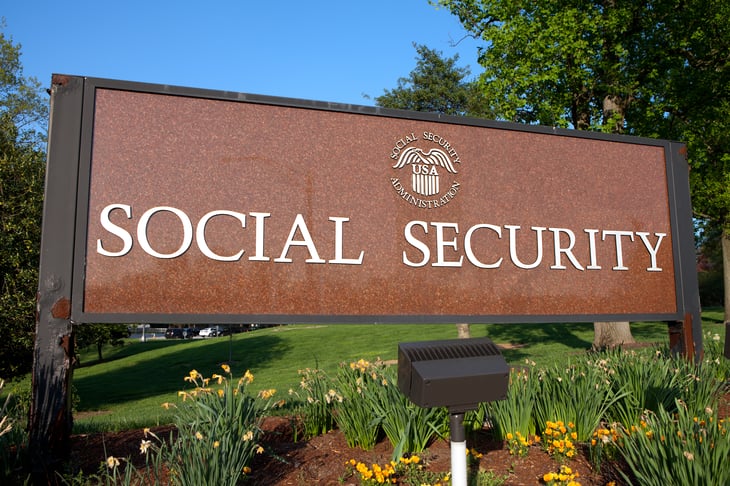
Medicare is a federal health insurance program that covers seniors and those with a qualifying disability. You might know that you generally enroll in the program at age 65, but there’s a lot you might not realize about Medicare.
In order to avoid unpleasant surprises — including financial penalties — it’s important to understand some of the realities associated with the program. Here are some key facts you should know.
1. Signing up late will probably cost you

Medicare comes with an initial enrollment period the year you turn 65. If you don’t sign up on time, you could end up paying a penalty. And these late enrollment penalties aren’t just a one-time deal. They break down as follows:
- Medicare Part A: 10% of your monthly premium paid for twice the number of years you should have been signed up but didn’t. So, if you should have signed up one year ago, you’ll pay the penalty in the form of a higher monthly premium for two years.
- Medicare Part B: This is usually a lifetime penalty. You pay a 10% penalty for each year you should have signed up. That penalty is added to your monthly premium for life. So, if you’re two years late, you’ll pay 20% extra every month indefinitely.
- Medicare Part D: Pay an extra 1% for each month that you didn’t sign up. This continues for as long as you have a Medicare drug plan.
Make sure you sign up on time to avoid penalties.
2. Some people can sign up before age 65

However, not everyone has to wait until age 65 to sign up for Medicare. Some groups of people can access Medicare coverage before they turn 65. These include certain people who are eligible for Social Security disability benefits, those with end-stage renal disease and people diagnosed with ALS.
You can use the SSA Benefit Eligibility Screening Tool to see if you might be eligible to sign up for Medicare early.
3. Everyone signs up individually

Rather than signing up for a family plan, you sign up for Medicare as an individual. You and your spouse sign up separately — when you each become eligible. Just because your spouse is eligible for Medicare doesn’t mean you are. Additionally, you don’t have to sign up for the same plan as your spouse.
4. There is more than one enrollment period

While you want to make sure that you enroll during your initial enrollment period to avoid late penalties, that isn’t the only time you can select a plan. There are other enrollment periods such as an annual open enrollment for everyone, special enrollments for those who lose a job and the opportunity to switch to a 5-star plan once a year, among others.
Make sure you understand which enrollment periods you qualify for so that you get the coverage you need — and switch plans if needed.
5. The Social Security Administration handles Medicare enrollment

You might think that the Health and Human Services (HHS) department would handle Medicare enrollment, but that’s not the case. Instead, the Social Security Administration (SSA) handles enrollment, including applications for the Extra Help program. The Medicare program itself is administered by the Centers for Medicare and Medicaid Services (CMS).
6. It isn’t a free ride

Medicare isn’t “free” — even if you qualify for premium-free Medicare Part A.
First of all, you’ve paid into the system through payroll taxes. So even if you aren’t paying a premium for Medicare Part A, you’ve already paid for it.
Next, you might have to pay a premium for Part A, depending on your work history. You’ll also pay a premium for Medicare Part B and Part D. If you have a higher income, your costs might also be higher.
Finally, if you get a Medicare Advantage plan provided by a private insurer, you’ll likely pay a premium for that too.
7. There may be help available for unaffordable costs

In some cases, you might have a hard time covering your health care costs even with Medicare. There are various programs designed for those who need financial help paying their premiums or getting other expenses covered. Medicare Savings Programs, the Extra Help program and PACE are examples of ways you can take care of your health as you age.
8. Some things aren’t covered

Just because you have Medicare, it doesn’t mean that all of your health care needs are taken care of. In fact, Original Medicare doesn’t cover hearing aids or most dental care. Medicare also doesn’t cover long-term care or care you receive while traveling outside the United States.
To get some of these costs covered, you might need to look into Medicare Advantage or Medigap plans or other resources like long-term care insurance.





Add a Comment
Our Policy: We welcome relevant and respectful comments in order to foster healthy and informative discussions. All other comments may be removed. Comments with links are automatically held for moderation.